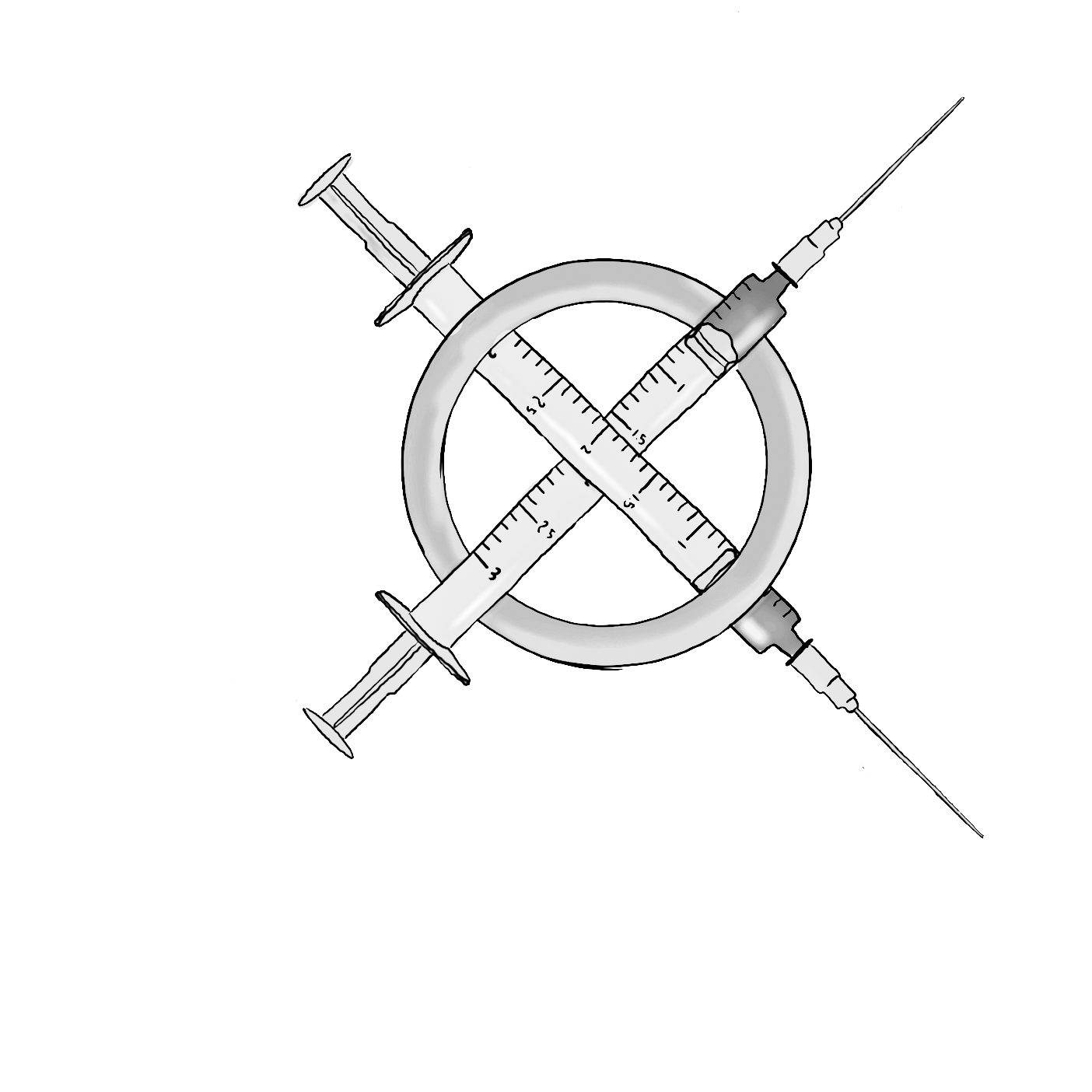
For decades, sports fans have poured into sports bars, stuffed stadiums and crammed couches to watch the greatest athletes in the world compete. Sports can serve as a distraction from the mundanity of life. Sports can unite us, but more frequently divide us. Now, these divisions are more controversial than ever, extending far beyond the court or field. Although it divided the audience, the politicization of sports was not a bad thing in the beginning. In the wake of George Floyd’s murder, athletes like Lebron James, Jaylen Brown, Eric Reid and many more—following the example of Colin Kaepernick—used their international platforms to protest the injustices experienced by Floyd and other Black Americans. Sports teams and leagues, including the National Basketball Association (NBA) and Premier League, modified warm-up jerseys and arenas to protest systemic racism. In the midst of the pandemic, when few sports leagues were active, the NBA playoffs began on courts furnished with “Black Lives Matter,” allowing the message to reach the politically-diverse sports audience in a substantial way. Eventually, though, the headlines shifted from Bradley Beal and John Wall leading a march in Washington to Jonathan Isaac and Marcos Alonso refusing to kneel in protest of racism.
As the pandemic continues, a new issue was given a national spotlight: vaccine mandates. Athletes like Novak Djokovic, Kyrie Irving and Aaron Rodgers have had highly publicized battles against the COVID-19 vaccine, and echoed anti-vaccine rhetoric to millions.
Tennis superstar Djokovic has recently received the most press. He was deported from Australia because the Australian government feared he would cause anti-vaccination sentiment within the country, an action that gave Djokovic an international audience and the support of Aleksandar Vučić, the president of his home country of Serbia. Djokovic was meant to participate in the Australian Open, where he would have faced off against his rival, Rafael Nadal. Both of them would have vied for a record-breaking twenty-first men’s Grand Slam singles title. Without Djokovic in attendance, Nadal handily won the tournament, making his new record naturally controversial and giving Djokovic a sort of martyrdom.
Among the superstar athletes that have voiced their opposition to the COVID-19 vaccine is NBA star Kyrie Irving, who has had a long winding descent since his days of sidekicking for LeBron James and cameoing on Nickelodeon. After playing for the Boston Celtics and expressing his flat earth theories, he joined superstar Kevin Durant on the Brooklyn Nets in the offseason. Shortly after the pair recovered from injury, the front office pulled off a blockbuster trade for former MVP and 3-time scoring champ James Harden to form a historic super team.
In January 2021, during the process of seeking Harden, a video of Irving went viral at an unmasked family birthday party; a controversy that some believe allowed Brooklyn to trade for Harden without giving up Irving. Whatever the role, his carelessness around COVID-19 foreshadowed his current stance. Despite New York’s indoor vaccine mandate, Irving remains unvaccinated, which causes him to be sidelined for all Brooklyn Nets home games.
As a Green Bay Packers fan, this past season has been the most difficult season for me to watch, despite their competitiveness. Aaron Rodgers is leading the NFL MVP race yet again and could become the fifth back-to-back NFL MVP in history. Disregarding an embarrassing playoff exit, Rodgers played splendidly, but with every win, every historic offensive performance, I was reminded of the weight those wins carried, a weight sinking our nation.
On an episode of the Joe Rogan Experience, Rodgers and Rogan criticized the COVID-19 vaccine, spoke candidly about their decisions to remain unvaccinated, and promoted herbal alternatives. With every victory Rodgers carried the Packers to, he carried misinformation to a wider audience. Despite my fandom, I was morally relieved when my team lost in their first playoff game of the season, as it finally turned off his spotlight.
Many professional athletes are given an international platform, even those that are less than qualified to speak on certain subjects. Athletes have an incredible opportunity to reach the public, but rarely have the expertise to properly do so. As long as our country and others grant sports a disproportionately loud platform to science and academia, our defenses against misinformation will be insufficient.
Subscribe to the Mossy Log Newsletter
Stay up to date with the goings-on at Lewis & Clark! Get the top stories or your favorite section delivered to your inbox whenever we release a new issue.

Leave a Reply